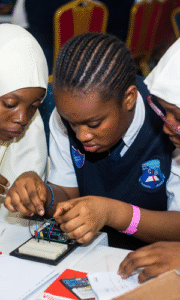
We work tirelessly to bridge the digital divide, ensuring that underserved communities have equal opportunities to harness the power of technology. Through tailored programs and initiatives, we empower individuals with digital literacy skills, opening doors to education, employment, and economic empowerment.
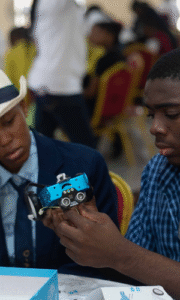
Embracing innovation and knowledge advancement, MindAfrica champions STEM (Science, Technology, Engineering, and Mathematics) education. Through interactive learning experiences, we equip underserved children and youths with the critical skills needed to thrive in a digital world, fostering a generation of problem solvers and innovators poised to shape Africa’s future.
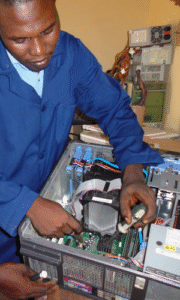
Through mentorship, business incubation, and skill-building initiatives, we inspire and support aspiring entrepreneurs to turn their ideas into viable ventures. By fostering a culture of innovation and enterprise, we drive positive change and create opportunities for sustainable growth.
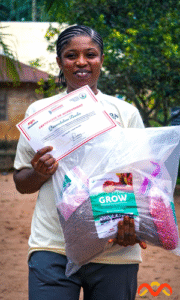
At MindAfrica, Gender Equity and Empowerment drive our mission to build inclusive, sustainable communities. We break barriers, challenge stereotypes, and create pathways for women and girls to realise their full potential. Through education, leadership, and economic inclusion, we equip them with knowledge, digital skills, and confidence to thrive in technology, entrepreneurship, and community leadership. By promoting gender-responsive practices and equal opportunities, we help build a just and innovative society where everyone can lead and succeed.
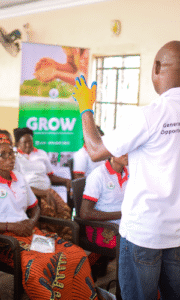
At MindAfrica, we believe lasting progress starts with strong, inclusive communities. Our Community Engagement and Support initiatives foster collaboration, trust, and participation among individuals, families, and institutions. Through grassroots partnerships and outreach, we co-create sustainable solutions and promote shared ownership of development outcomes. By nurturing civic participation and social cohesion, we build resilient ecosystems that drive inclusive growth and local empowerment—advancing SDGs 1, 10, 11, and 17 across Nigeria.
























